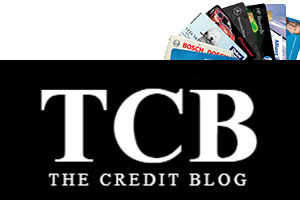Building up a credit history is challenging for anybody. However, it is especially challenging to build credit when just starting out because you do not have an older credit history to fall back on. Therefore, you should carefully weigh out the pros and cons of each credit-building method. This way, you don’t accidentally damage your credit score.
1. Do Not Apply to Too Many Places at Once.

This is a critical one to follow. When I was first trying to establish a credit history, I applied to any place I thought would accept me. Yet, doing so actually set back my ability to make my own credit history back. Instead, consider spacing out your credit card applications. For example, one month, you may decide to apply for a Discover credit card. Then, around six months later, you might try to apply for a Chase credit card.
2. Apply for a Secured Loan.
Secured loans are savings accounts that actually help build up your credit score. Pretty cool, huh? It’s important to remember, though, that should you go the secured loan route, your money gets held by the lender until you repay it. Also, these loans typically come with a higher monthly interest rate than most savings accounts. Still, it is lower than most other credit-building options. Community banks are a great resource for this form of credit building.
3. Pay Off Your Credit Cards on Time.

This should go without saying, but it’s worth reiterating. A huge part of building a decent credit history is paying your credit cards off on time. Without this critical component, no credit-building method is going to pay off for you. To make this an easier goal, consider opening up a credit card and using 30% or less of the actual credit limit. This will look great to credit bureaus and make building a credit history a breeze.
4. Try to Find a Credit Card Holder to Help You.
Becoming an authorized user on someone else’s credit card is an easy way to build up your credit score. In some cases, you don’t even need to use the credit card to get the benefits associated with being an authorized user. When it comes to choosing a credit card holder, you will want to choose someone with a good credit history. Also, you will need to make sure that becoming an authorized user gets reported to the card holder’s credit bureaus. Otherwise, this method will not help to build up a credit history.
5. Build Credit History with Your Bills.
Some online companies take normal bills that you already pay and report them to credit bureaus, even if you don’t have a single credit card. For example, Experian Boost allows you to take a bill such as your phone bill and report your payments to the related credit bureau. Some credit bureaus don’t take this form of credit history into account, but it never hurts to try. After all, some do. Those that do accept this form of credit may allow you to get your foot in the door for an actual credit card!
Building credit can seem daunting. But since there are many credit options you can choose from, there is no reason to lose hope. With time and determination, you can have a healthy credit score history.

